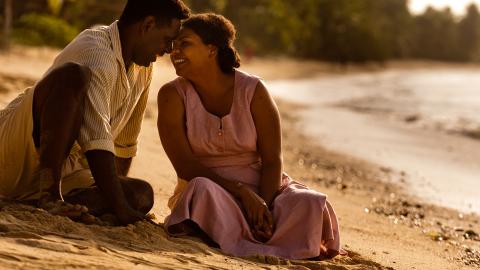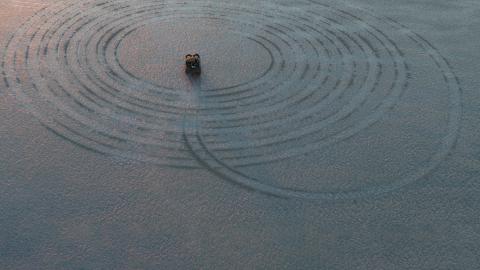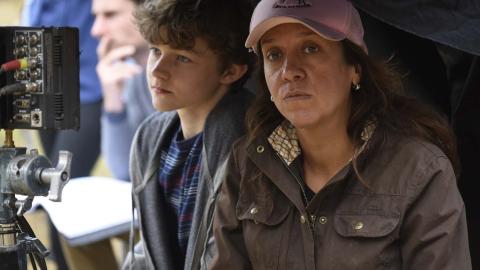
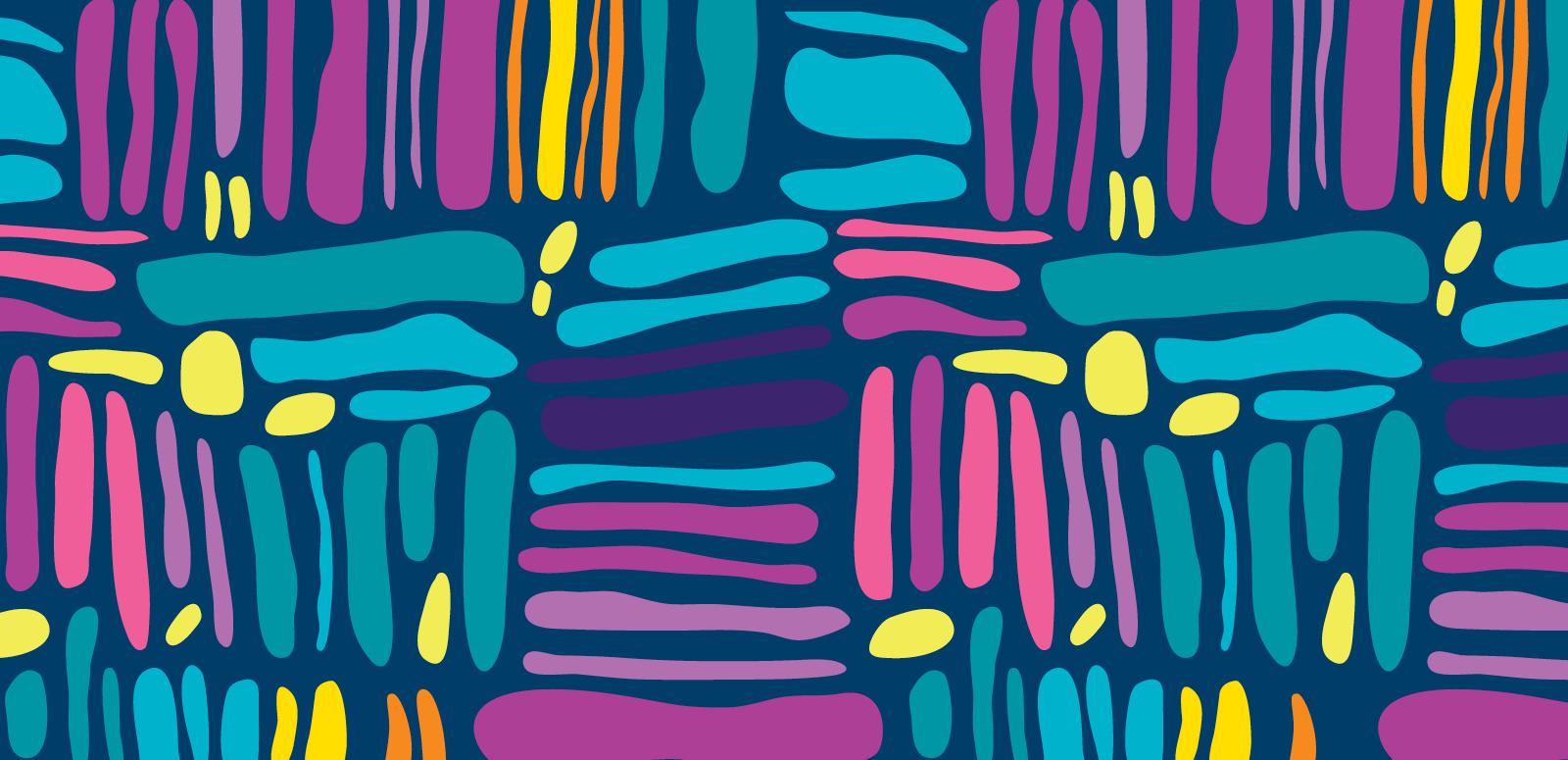
First Nations Engagement Committee
The National Film and Sound Archive of Australia’s (NFSA) First Nations Engagement Committee (the Committee) has been established as an advisory subcommittee to the NFSA Board to provide advice on the development and management of Aboriginal and Torres Strait Islander policy, projects and other strategic matters.
Key objectives of the First Nations Engagement Committee are to:
- provide advice on and support the development and the implementation of the NFSA First Nations Engagement Strategy
- provide a forum to discuss and progress matters relating to the NFSA’s First Nations collection, programs and exhibitions, and
- connect the NFSA with Aboriginal and Torres Strait Islander communities, artists and practitioners.
Committee Members
Kylie Bracknell
Chair, NFSA First Nations Engagement Committee
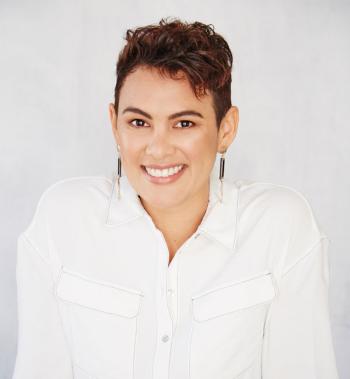
Mrs Bracknell is an accomplished writer, director, producer and actor and brings a variety of experience across the theatre, film and television industries.
She is currently writing for ABC’s Play School and her recent acting credits include Amiya in the award-winning Australian feature film I Met a Girl, and Piper in the television mini-series Irreverent for Peacock TV (USA) and Netflix (AUS/NZ).
Mrs Bracknell, a Noongar woman from the southwest of Western Australia, is a strong advocate for the preservation and celebration of Indigenous languages and frequently consults on Indigenous arts projects in Australia. She is highly respected for her award-winning stage adaptation, co-translation and direction of Hecate – a reimagining of Shakespeare’s Macbeth in the Noongar language. She also co-produced, co-translated and directed Fist of Fury Noongar Daa, the first feature film ever to be fully dubbed in an Aboriginal Australian language.
Kylie has previously held the position of Program Manager, Indigenous at the Australian Film Television and Radio School. She is also an NFSA Board member.
Jodie Bell
CEO, Goolarri Media Enterprises
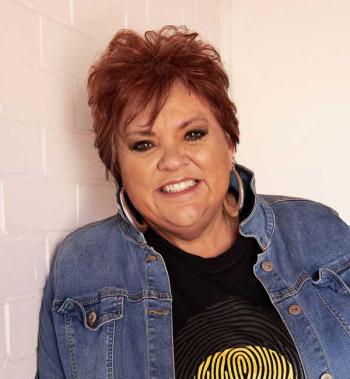
Jodie is a First Nations descendant of the Butchella and Jagera people of South East Queensland and is CEO and producer at Ramu Productions, a community-owned production company in Broome, WA.
Jodie has produced numerous short films including the CinefestOZ 2020 Indigenous Short Film winner Doug the Human; the Cinewest WA Short Film winner at CinefestOZ 2021, The Lost Crystals of Jessica’s Room; and the award-winning short documentaries Naji, Marrimarrigun and Saving Seagrass.
Jodie has also produced a number of short documentary series for NITV. Jodie was co-producer on the CinefestOZ 2015 film of the year, feature documentary Putuparri and the Rainmakers, and in 2019 she joined the CinefestOZ team as the Indigenous Film Manager. Jodie is about to start production on her first feature film, Ginderella, as well as her first web series, Yokai. She has a robust development slate of projects including two feature films, two TV series and a web series.
Aaron Fa’Aoso
Director, producer, writer and actor
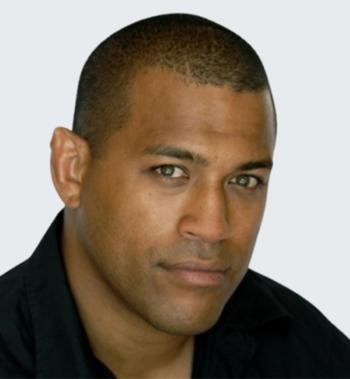
Aaron is a stage and screen actor, writer, director and producer. He came to prominence in 2004 with his performance in the SBS mini-series RAN: Remote Area Nurse, and is best known for his appearances in the ABC’s Black Comedy. Aaron’s other acting credits include East West 101, City Homicide, Sea Patrol and Bikie Wars: Brothers in Arms.
Aaron has also been active behind the camera, writing and directing the VR documentary Every King Tide, which was selected by the Cannes Film Festival and the Sheffield Film Festival. In 2012, Aaron associate produced and starred in the ABC crime drama, The Straits, and in 2016, his production company Lone Star, along with Bunya Productions, produced a drama documentary series on the history of the Torres Strait Islands, Blue Water Empire. He is the producer on Straight out of the Straits.
Aaron has also trained young Torres Strait Islanders in filmmaking as part of a TAFE-accredited My Pathways program.
Tasha James
Manager, Indigenous Unit, ABC Archives
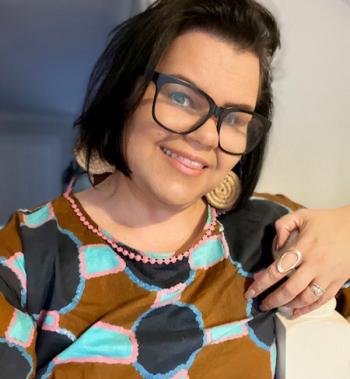
Tasha James is a Wiradjuri woman who grew up in Dubbo, Central West NSW. Her homelands cross the region of the lower Bogan River of Wiradjuri Country.
In June 2021 Tasha took on a newly created role leading the Indigenous Unit of the ABC Archive. Previously, she was the Manager of Indigenous Connections at the NFSA. Tasha has over 10 years’ experience working with Indigenous communities and Indigenous collections that include audiovisual and material culture.
Throughout her career, Tasha has had held a number of roles in major cultural institutions such as the Australian Institute of Aboriginal and Torres Strait Islander Studies and the Australian Museum, where she worked closely with Indigenous communities by facilitating access to collections to reconnect them with their cultural heritage. She has also worked within Indigenous public programs and outreach which focused on sharing and educating others about Aboriginal and Torres Strait Islander cultures.
Tasha has extensive experience in Indigenous policy having developed several key policies within her past workplaces relating to Aboriginal and Torres Strait Islander cultures and Indigenous collections.
Tasha is passionate about empowering Aboriginal and Torres Strait Islander people in managing and practicing their culture along with caring for and controlling their own cultural collections on country.
Lyndon Ormond-Parker
ARC Research Fellow, Australian National University
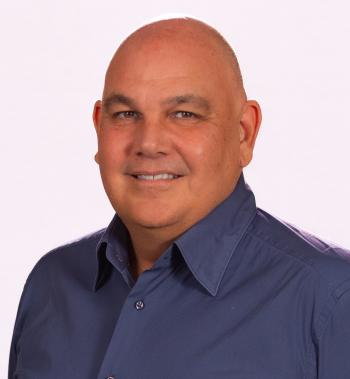
Professor Lyndon Ormond-Parker is an Aboriginal man of Alyawarr descent from the Barkly Tablelands region of the Northern Territory. He is currently an ARC Research Fellow with the Centre for Heritage and Museum Studies, Australian National University. He is also Professor, Digital Inclusion & Engagement in Indigenous Communities with the ARC Centre of Excellence for Automated Decision-Making and Society, RMIT University.
Professor Ormond-Parker has been involved in advocacy, policy development, research and negotiations at the local, national, and international level focused on Indigenous communities and information technology, digital inclusion, cultural heritage, materials conservation, and repatriation. He has held numerous positions across universities, organisations, government committees and boards. He was an Indigenous expert member of the Australian Heritage Council (2015–2021) and is co-chair of the First Nations Digital Advisory Group (since 2023).
The National Film and Sound Archive of Australia acknowledges Australia’s Aboriginal and Torres Strait Islander peoples as the Traditional Custodians of the land on which we work and live and gives respect to their Elders both past and present.
